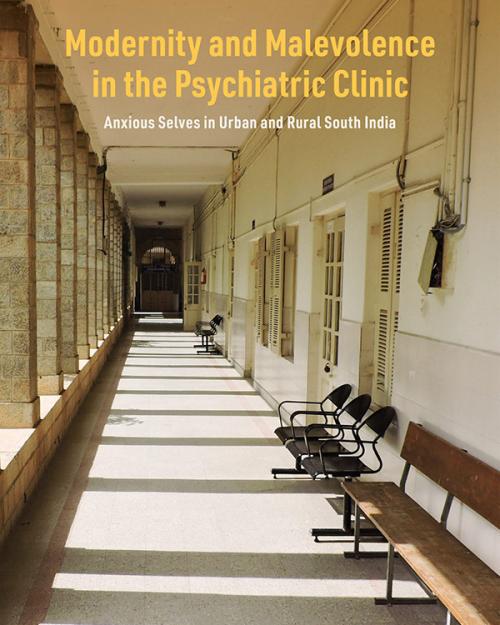Timothy McLellan, a PhD candidate in the Department of , was awarded a Sustainability Research Grant from the Society for the Humanities for his project entitled: The Temporalities of Outcomes Thinking: Impact and Audit at an Agri-Environmental Research Institute.
Timothy describes his project below:
My research investigates the work of scientists at the China office of the agri-environmental research organization, the Institute for Farms and Forests (IFF). As I arrived at IFF in 2014, IFF’s Africa-based headquarters were placing increasing pressure upon its China-based scientists to turn their high-quality research into ‘development impacts’: to use their research to bring about sustainable development. Responding to such demands, scientists at IFF’s China office are now learning to do ‘outcomes thinking’.
Brought to IFF through training workshops run by international experts, as well as by the donors who fund the Institute’s work, outcomes thinking is a collection of techniques – including theories of change, impact pathways, and outcomes mapping – that allow scientists to imagine a pathway from research to targeted impact. Having devised these pathways, outcomes thinking scientists employ monitoring and evaluation (M&E) techniques to measure progress towards their planned-for impact upon the world. Here, outcomes thinking shifts IFF scientists away from familiar modes of evincing work done through the production of academic articles.
Prior ethnographies of M&E and related modes of audit have criticized these practices for their inability to provide anything but a crude picture of reality. This research has highlighted that the complexities of scientific research or of sustainable development cannot be captured by the numerical indicators that typically characterize M&E. In many cases, research has highlighted how the distorted versions of reality produced by M&E serve powerful interests.
My participant observation with scientists engaged in outcomes thinking iterations of M&E, however, points towards a different kind of analysis. I found that the scientists’ frustrations were not with M&E’s inability to provide a fulfilling representation of their work, but rather with the temporal frameworks outcomes thinking imposes. Proponents of outcomes thinking ask scientists to imagine a future world they want to build, and to then make strategic plans for bringing this world into being. This implies a mastery of the future – an ability to shape the future to scientists’ designs – that contrasts dramatically with the temporality in which IFF scientists conventionally imagine their research.
In this conventional imagination, rather than concrete plans on the future, IFF scientists express vaguely-defined hopes that others will take up and build upon the insights of their published work. The shift to outcomes thinking therefore represents a shift from a hope that one’s research will be taken up in an as-yet-unknown manner to a modality in which scientists imagine research as a means to effecting preconceived futures.
Drawing upon my interlocutors’ frustrations, my research demonstrates the radical re-imagination of scientific knowledge production imposed by outcomes thinking, and highlights the unnoticed consequences of outcomes thinking for how scientists relate to society, and the environment.
My research is based on 2 years participant observation at IFF, conducted between 2014 and 2016 (funded by an NSF DDIG). Subsequently, a Sustainability in the Humanities Grant from Cornell Society for the Humanities, along with grants from Cornell East Asia Program, Cornell Einaudi Centre, and Cornell Department, have supported travel to conduct follow up research. This included a return visit to southwest China I made in the summer of 2017. During this visit, I caught up on projects that were ongoing at the time I concluded my initial research in 2016, and made important new findings that will enrich my analysis of the outcomes thinking M&E frameworks that govern scientific work at IFF.
Timothy McLellan is a PhD candidate in the Department of at Cornell University. His research investigates the work of agri-environmental scientists at The Institute for Farms and Forests (IFF) in Southwest China.
Tim has a B.A. in Law and Chinese from The School of Oriental and African Studies, and an MSc in Law and from The London School of Economics. His PhD field research was funded by a National Science Foundation Doctoral Dissertation Improvement Grant. Tim is currently writing up, and expects to graduate in 2018.





